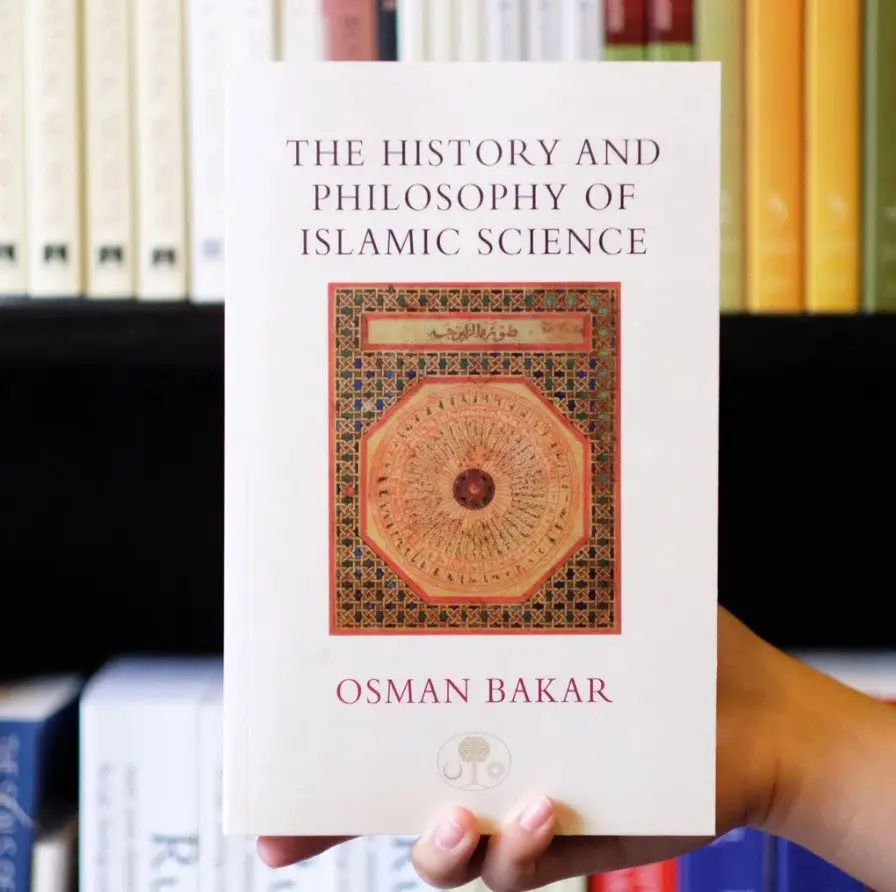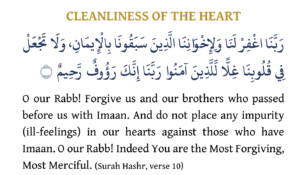The History and Philosophy of Islamic Science review
“The History and Philosophy of Islamic Science” by Osman Bakar provides a comprehensive examination of the principles and development of scientific thought within the Islamic world. Published recently, this collection of essays offers profound insights into the rich legacy of scientific inquiry in Islamic civilization, spanning from the third century of the Islamic era onwards.
Osman Bakar, a prominent scholar in Islamic studies, delves into the essence of Islamic science and its relationship with other branches of Islamic learning. He elucidates how Islamic science is intricately connected to the fundamental teachings of Islam, demonstrating the organic relationship between religious principles and scientific pursuits. By exploring the foundational principles behind various sciences cultivated in the Islamic world, Bakar offers readers a deeper understanding of the intellectual heritage that underpins Islamic scientific thought.
One of the notable features of Bakar’s work is his comprehensive coverage of the natural and mathematical sciences. Through meticulous analysis and scholarly commentary, he illustrates the parallels between Islamic science and modern scientific inquiry, highlighting areas of convergence as well as points of departure. Bakar’s exploration sheds light on the shared methodologies, principles, and objectives that characterize both Islamic and modern science, while also delineating the unique contributions and perspectives of Islamic scholars.
Furthermore, Bakar’s essays serve to highlight the distinctiveness of the Islamic approach to science in contrast to secular, modern paradigms. By elucidating the philosophical underpinnings of Islamic science, he offers critical insights into the epistemological frameworks and worldview that inform scientific inquiry within Islamic civilization.
Overall, “The History and Philosophy of Islamic Science” is a seminal work that bridges the realms of history, philosophy, and science within the Islamic tradition. Bakar’s erudite scholarship, coupled with his lucid exposition, makes this book an invaluable resource for scholars, students, and anyone interested in gaining a deeper understanding of the intellectual and scientific heritage of Islamic civilization.
Discover more from Islam Hashtag
Subscribe to get the latest posts sent to your email.





